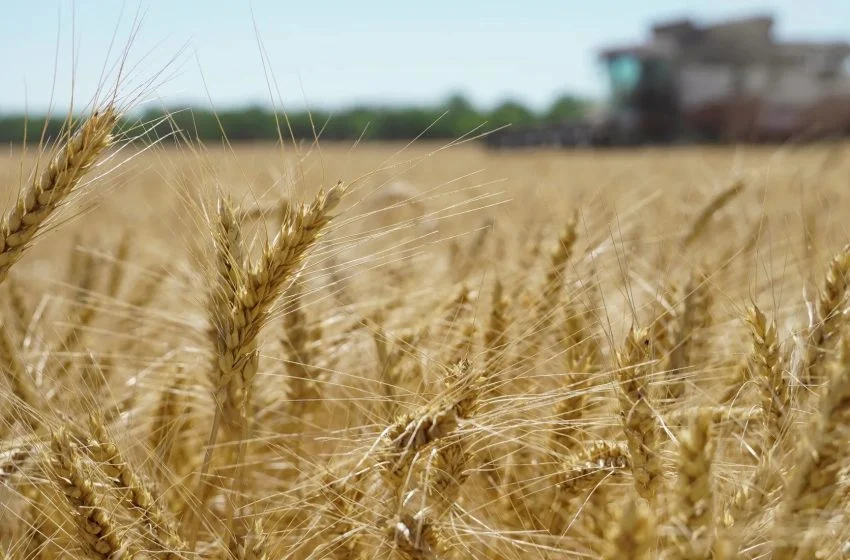Iraq declares self-sufficiency in wheat

Iraq’s Minister of Trade, Atheer Al-Ghurairy, announced on Saturday that the country has achieved self-sufficiency in wheat production. The statement was made during a field visit to Anbar province to oversee the grain purchasing process from farmers, as reported by the Iraqi News Agency (INA).
A Reuters report from October highlighted that Iraq is losing approximately $500 million due to a surplus of 1.5 million tons of wheat, driven by better-than-expected rainfall and significant government funding. To boost production in often arid conditions, the government pays farmers more than double the global market price.
Haider Nouri, Director of Iraq’s General Company for Grain Trade, stated that the country’s strategic wheat reserves exceed 5.5 million tons, sufficient to meet domestic demand for a year, ensuring stable flour prices amid potential global crises.
Iraq was self-sufficient in wheat for three years before the Ukraine conflict, producing 4.7 million tons in 2019, 6.2 million tons in 2020, and 4.2 million tons in 2021. However, water shortages and desertification previously forced the country to import wheat to bridge the gap.
Read also
Abbey Commodities – General Partner of BLACK SEA GRAIN.KYIV-2026
Export Logistics Reset 2026: Rail Tariffs, Capacity Pressure and New Trade Reality
ABIOVE has spoken out against the EU’s proposal to phase out soy-based biofu...
Jordan purchased 50 thsd tons of barley in tender
Brazil, Argentina ship 7 mil mt of soybeans to China for Feb-April
Write to us
Our manager will contact you soon



